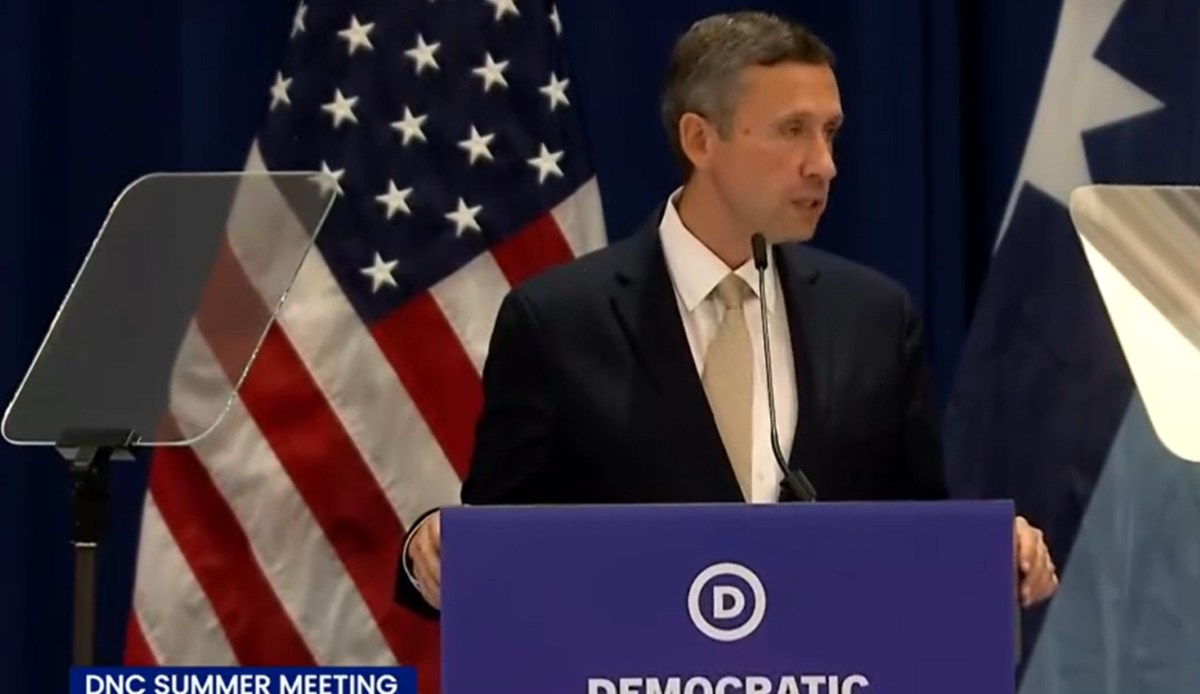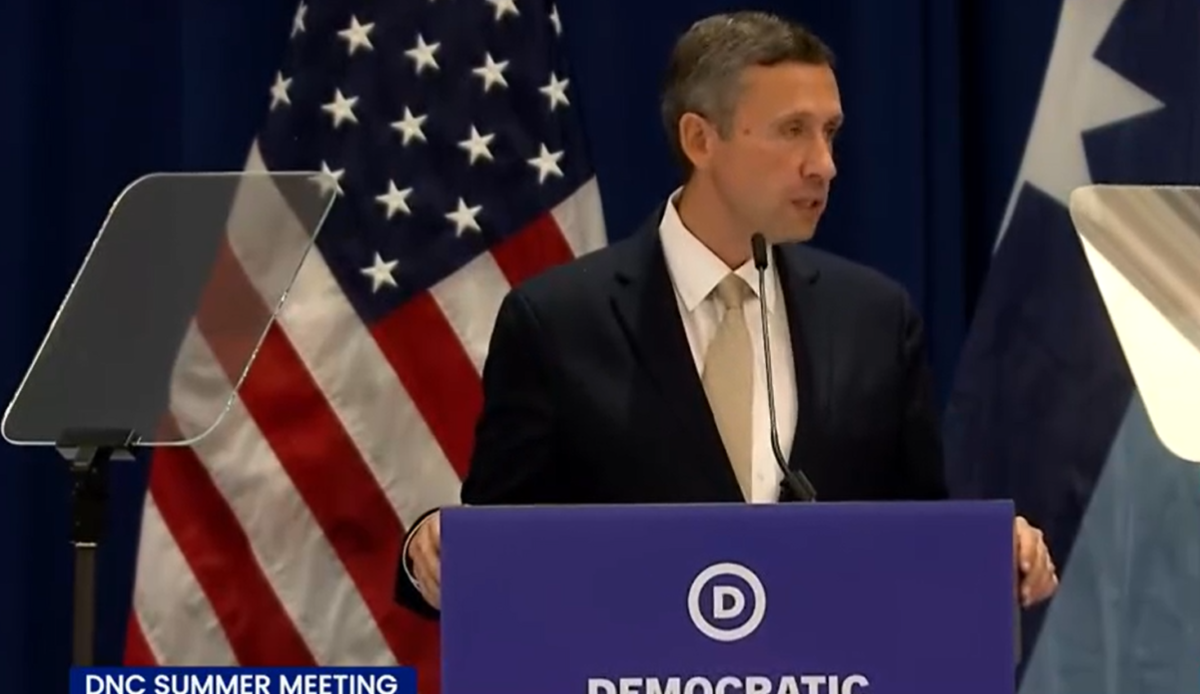Adopting ranked-choice voting (RCV) would significantly harm the integrity of Michigan elections, according to a new report by the Michigan Fair Elections (MFEI). The analysis outlines potential problems associated with RCV, particularly if voters approve a proposed constitutional amendment that would mandate its use for major federal and statewide elections.
Supporters of the initiative are currently gathering signatures to place the measure on the ballot for next year’s midterm elections, as reported by the Detroit Free Press.
The MFEI report states, “To summarize, ranked choice voting, RCV, is the name of the system proposed here in Michigan, while Instant-Runoff Voting, or IRV, is the mechanism which the proposed amendment seeks to implement. Both are problematic, and enacted in concert, their impact would be disastrous.” The report cites concerns such as non-majority election winners, decreased voter confidence and turnout, and increased risks of corruption.
Under RCV, voters rank candidates in order of preference. If no candidate receives more than 50 percent of first-choice votes in the first round, the candidate with the fewest votes is eliminated, and their votes are redistributed to the remaining candidates based on voters’ second choices. This process continues until a candidate achieves a majority.
The report notes that RCV has been primarily advocated by Democrats and has led to victories for Democratic candidates in races where Republican candidates received the majority of votes. In 2024, most ballot initiatives aimed at expanding RCV were rejected by voters.
MFEI highlights several issues encountered in jurisdictions that have implemented RCV, including voter disenfranchisement. A study published in the Journal of Urban Affairs found that RCV decreased turnout among both black and white voters in San Francisco mayoral elections. The study indicated an 18% decline in turnout among black voters and a 16% decline among white voters following the adoption of RCV.
Other factors contributing to voter disenfranchisement in RCV systems include higher rates of ballot-marking errors and ballot exhaustion, which occurs when voters select only one candidate and their ballots are discarded if that candidate does not win a majority.
The report states, “The outcome of this, of course, is that candidates or parties declared ‘victorious’ through ranked choice elections may not be the first, second, or even third choice of a majority of voters.”
Another key finding is that RCV systems impose increased financial and administrative burdens on election officials. The MFEI cites a University of Cincinnati Law Review article discussing Maine’s experience with RCV, which noted that while proponents argue RCV saves money, it actually incurs substantial costs for implementation and maintenance.
MFEI concludes its analysis with comments from MFEI Chair Patrice Johnson and Legal Analyst Frederick Woodward, who argue that understanding RCV’s flaws is crucial for maintaining the integrity of Michigan’s elections. They emphasize the need for vigilance to protect the principles of self-government.
“RCV is only the latest potentially misguided proposal threatening to transform our election system for the worse. While the existing elections system may not be perfect, true election reform ought to occur within the context of this nation’s nearly 250 years of time-tested laws and processes,” Johnson and Woodward stated. They advocate for careful evaluation of proposals like RCV to foster productive debate on election improvement in Michigan.
READ ICE Arrests Convicted Criminals in Nationwide Operation



